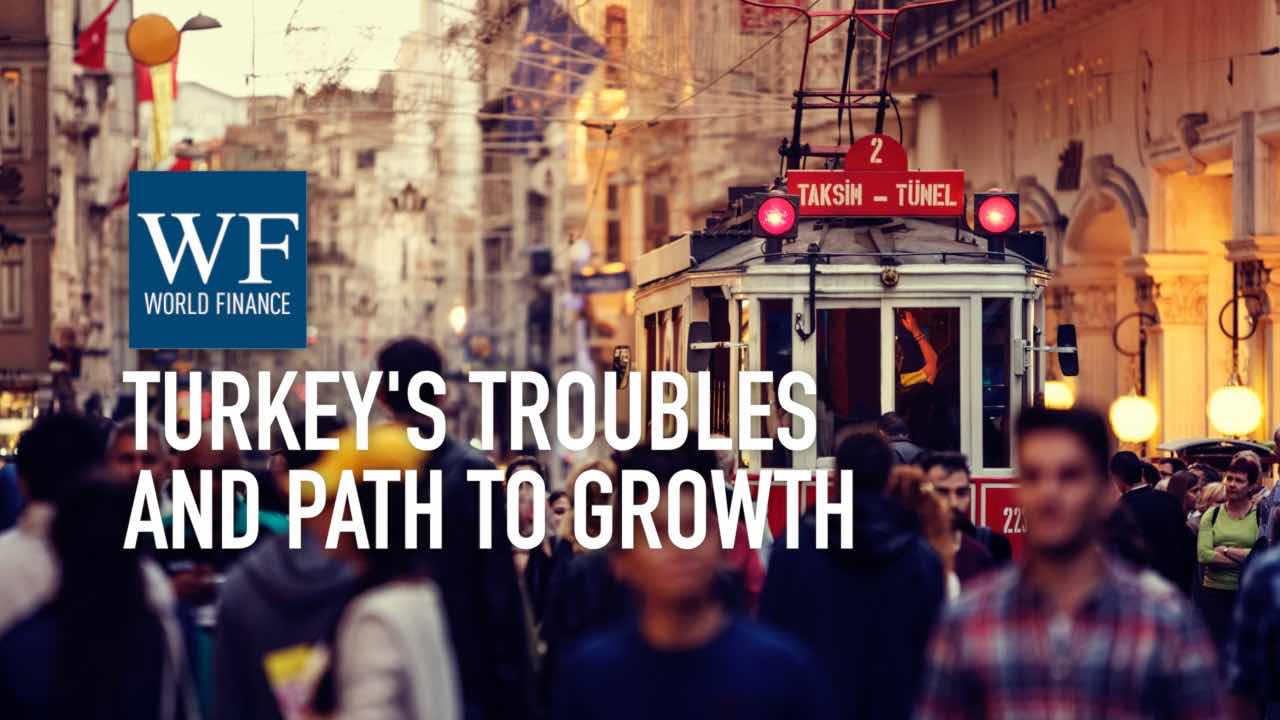Maybank Ageas CEO: Etiqa well positioned in ASEAN insurance industry
Kamaludin Ahmad on the challenges of cross-border insurance in the ASEAN region
Related:
Transcript
With a footing in nine of the 10 ASEAN nations, Maybank and its insurance and takaful arm Etiqa are well positioned to benefit from the AEC’s standardised financial framework. Kamaludin Ahmad, CEO of Maybank Ageas Holdings, explains the challenges that Etiqa currently faces expanding overseas, and how ASEAN integration ought to improve matters – if it ever actually happens. He also discusses Maybank’s mission to humanise financial services across Asia, and the advantages to Etiqa of being part of such a sizeable banking group.
World Finance: Kamaludin, what challenges does Etiqa currently face expanding overseas?
Kamaludin Ahmad: The challenges that we are facing are mainly finding the right partner.
For the most part, all the countries’ regulators won’t allow you to come in and have a 100 percent stake in local operations. And most of the countries are not issuing new licences.
But really when you talk about ASEAN, there are five countries that are the most significant, which is Singapore, Malaysia, Thailand, Indonesia and the Philippines. Vietnam is there, but there’s still some challenges.
There’s a bit of challenge going into Indonesia. The Philippines is relatively open. Thailand is quite open, but you cannot have a majority stake.
World Finance: How will the ASEAN Economic Community’s simplification of financial services improve things, and what’s the timeline?
Kamaludin Ahmad: That will definitely improve things, but the only set back that I’m seeing is, it has not been progressing as fast as we had hoped for. Especially in the financial services industry.
All the countries are pretty cautious about opening up. And when that happens it will make things a lot easier. In terms of timeline, I’m not seeing that happening in the next two years, at least. Maybe three to five years.
World Finance: Your parent company Maybank already operates across the ASEAN region – what advantage does this give you over competitors?
Kamaludin Ahmad: I think the main advantage of being part of this pretty sizeable banking group is that they have a lot of presence everywhere, and we always have the first right of refusal.
But that doesn’t mean that everything’s to our advantage, in the sense that we get everything inexpensively. It’s more: having the access to discussion, access to distribution, and so on.
In Malaysia we believe insurance and takaful is about helping people. We try to inculcate that in every employee in the organisation.
And by having that message, the staff start to do things that they see – if I do this, will it be helpful to the public? An example is, in our claims department, they look on social media and media feeds to check for accident cases. And if they find out there are casualties, they start checking if these are our customers or not. And if they’re our customers, they reach out to the family members and deliver the compensation. We make sure that we’re as proactive as possible.
World Finance: What challenges and what growth can we expect in the Asian insurance industry in 2017?
Kamaludin Ahmad: The growth in demand has really been in medical and retirement. But the challenge has always been, how do you price this side? How do you cope with inflation – medical inflation – and so on. But the demand is going to be there, and you don’t see that slowing down.
On the general, property and casualty side, there’s a lot of infrastructure-driven demand. So we see that will continue for at least the next two years. Interest in Malaysia, Indonesia, the Philippines, even Vietnam, they’re building infrastructure. So we see a lot of growth on the general side because of that.
On the life side the challenge is more the return that we can give back to the customer. So that’s been the challenge, and we foresee that to be even more challenging in the coming years.
World Finance: Kamaludin, thank you very much.

 Thinking in 12 dimensions: How Standard Insurance uses AI to predict behaviour
Thinking in 12 dimensions: How Standard Insurance uses AI to predict behaviour Yılmaz Yıldız: Turkey’s troubles are ‘just a blip on the long-term chart’
Yılmaz Yıldız: Turkey’s troubles are ‘just a blip on the long-term chart’
